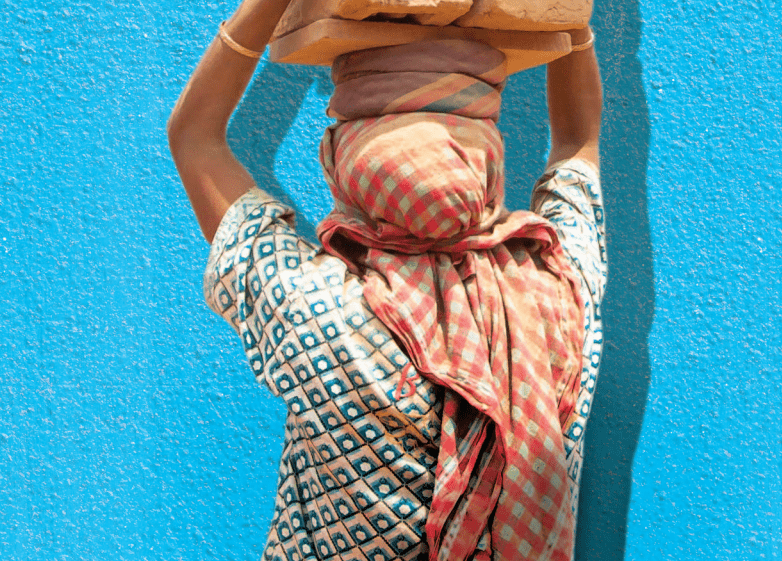Communities Discriminated on Work and Descent in South Asia – Status of Modern Slavery
This research project, comprising two studies and commissioned by the Asia Dalit Rights Forum to explore and examine of the manifestations of modern slavery in its varied forms prevalent among the communities discriminated on work and descent (CDWDs), has looked at the issue in its South Asian as well as global dimensions as evidenced in today's context.
Accordingly, one study has mapped the prevalence of modern slavery and discrimination across the five South Asian countries – Bangladesh, India, Nepal, Pakistan and Sri Lanka. The second study has dealt with the phenomenon of modern slavery at the global level including Africa, Europe and Latin America.
A salient feature of this research project is that, besides giving the broad typology of work and descent, it has also examined the manifestations of discrimination across the five South Asian countries as well as the national constitutional and legal measures available or yet to be enacted to combat descent and work-based discrimination. Moreover, the international standards set in by several conventions and charter clauses at the UN level also find place as performance assessment indicators as well as pointers towards which the countries have to move forward in eradicating discrimination.
The relevance of this research project cannot be gainsaid. Today millions of children and adults are victims of modern slavery in the world. Majority of this exploitation is happening in the private sectors where millions of people are being trapped in the spheres of domestic work, construction labour, sanitation work and agricultural labour. The hideous nature of this ‘normal job' should be discussed and debated openly in the national and international forum and it should be recognized that modern slavery is a horrendous reality requiring dedicated and genuine intervention from all national, regional and UN mechanisms across the world. It is high time that the affected communities come in solidarity to fight against slavery and uphold their dignity. This research project provides a powerful academic platform for initiating policy change and for engaging in further research to combat and eradicate discrimination based on work and descent.


